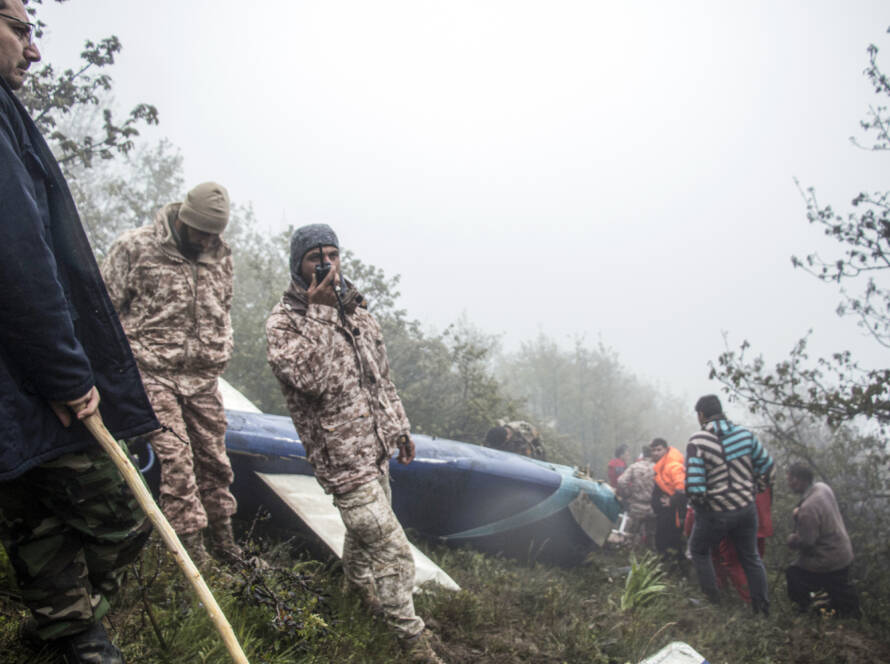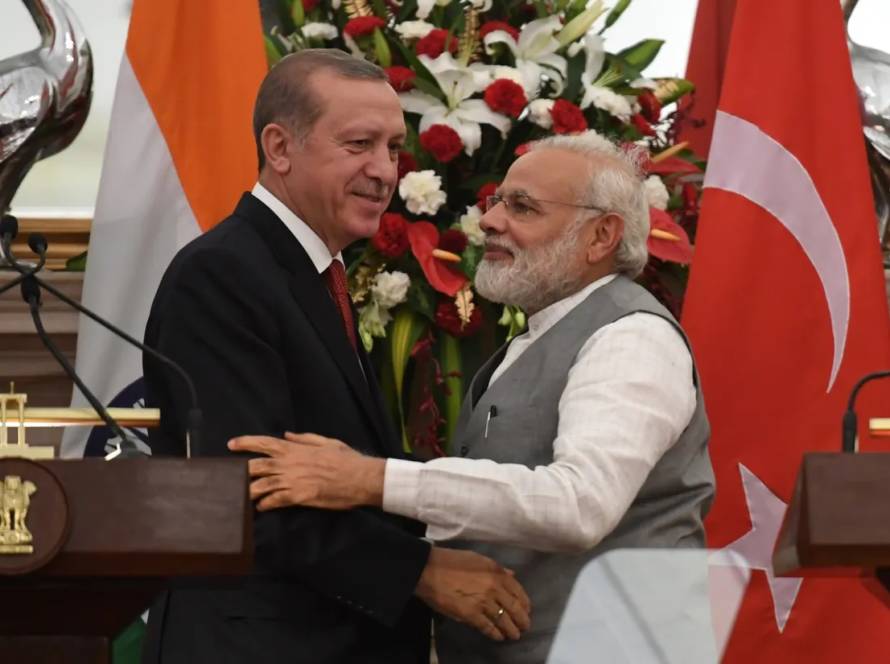By Rathindra Kuruwita
Over the past few decades, especially following the revelations by Wikileaks, the world learnt quite a lot about US intelligence involvement in political assassinations, both within the country and in other nations.
Simultaneously, thanks to the work of investigative journalists, who have used the Freedom of Information Act or worked with whistleblowers, we know that a large number of allegations that have been dismissed as “conspiracy theories” did actually take place.
The United States is unique in its tendency to dismiss potential political motives behind attacks on politicians, often portraying figures like Lee Harvey Oswald and Sirhan Sirhan as mentally unstable individuals who acted alone. Not surprisingly, the US has a long history of linking conspiracy theories to political assassinations.
The recent attempt on Donald Trump’s life follows this pattern. The past activities of US intelligence agencies, coupled with claims that Iran ordered the hit and increasing polarization preventing consensus on the event, likely ensure that many Americans will view this assassination attempt as a plot by the Deep State.
Trump survives assassination attempt
On July 13, Trump survived an attempt on his life in Butler, Pennsylvania. The shooter, Thomas Matthew Crooks, fired five to seven shots at Trump, one of which grazed Trump in the ear, while several bullets wheezed passed his head, as the shooter miscalculated the speed of the wind. Crooks was shot and killed a few minutes later.
The secret service agents fumbled, in more ways than one. The attack allowed Trump to show off his sangfroid and political instinct. Probably realizing that this would be a great photo-op, before being rushed off by secret service agents, a defiant Trump stood up, clenched his fists and urged his supporters to keep fighting on. It was great TV.
The photos of a bloodied Trump, apparently unfazed before an attempt on his life, arguably tilted the scales in his favor for the upcoming US presidential election.
A man seemingly unfazed by death probably resonates with a large number of United States citizens, a country no longer uncertain of where it stands in the world. A few days later the Republican Party officially named Trump as their presidential candidate.
It’s difficult to see how Democrats can win the coming election, even if they have replaced Biden with a more attractive candidate, his Vice-President no less. But winning the election would be only the beginning of Trump’s problems.
Growing polarization
The US is a very polarized country. A cursory look at social media shows that a significant number of Americans would have preferred if the shooter had not missed.
There were some elites in the Democratic Party who argue that the attack on Trump was orchestrated to elicit sympathy and create a situation akin to the Reichstag fire. Dmitri Mehlhorn, a top political adviser to Democratic mega-donor Reid Hoffman, even suggested in an email that the recent attack on Donald Trump might have been staged.
This email was sent to sympathetic journalists shortly after the incident. Mehlhorn, who co-founded the fund “Investing in US” with Hoffman, compared the alleged staged attack to tactics used by Vladimir Putin and other groups to gain political advantage.
On the other side of the spectrum are those who see the assassination attempt as a clear sign that the “Deep State” is out to assassinate Trump. US intelligence agencies have a history of carrying out political assassination within the country and in other nations.
In the past few decades they have carried out such attacks in the Congo, the Dominican Republic, Cuba, and Indonesia, as well as the successful coup against Salvador Allende in Chile. Then there are the domestic operations like the FBI’s Cointelpro surveillance program and the CIA’s MKUltra experiments on Americans. Many Trump supporters believe that Trump’s isolationist tendencies have made him an obstacle for the Deep State who wants conflict with other nations and global policing.
Trump supporters, and others, point that the behavior of the secret service detail entrusted with protecting Trump, the SWAT team not taking any action even after people pointed out that there was a man with a gun on the rooftop and ignoring to implement the most basic security protocols, is a clear demonstration that someone higher up the security establishment had instructed those responsible for Trump’s security to create an environment where the former president is vulnerable at public gatherings.
The US’s secret services have also gone out of its way to make themselves less credible. A few days after the incident, the intelligence agencies said that in the weeks leading up to the incident, US authorities received intelligence from a human source indicating that Iran was plotting to assassinate Trump. This information prompted the Secret Service to increase security measures around the former president, CNN reported. This allegation was quickly denied by Iran and was believed by virtually no one.
As on cue, Crooks is described as someone people always considered would become a school shooter. Some publications have reported that Crooks was relentlessly bullied during his high school years. Former classmates have come out to describe Crooks as a loner who was often mocked for his hygiene and appearance, with some even calling him “the school shooter.” This portrayal, combined with the historical context of US political assassinations, only fuels further conspiracy theories.
Critical challenges to the US
The recent attempt on Donald Trump’s life has exacerbated the already profound polarization within the United States. The event has not only ignited a myriad of conspiracy theories but also highlighted the deep mistrust many Americans harbor towards their government and intelligence agencies. The contrasting reactions — from accusations of a staged event to beliefs in a Deep State plot — demonstrate the fractured nature of the country’s political landscape.
As Trump capitalizes on this incident to bolster his political standing, the divisions within the nation seem poised to deepen. The incident underscores a critical challenge for the United States: reconciling divergent perspectives in an increasingly divided society, where even the facts surrounding a high-profile assassination attempt can become a battleground for competing narratives.
As the nation heads towards the next election, these unresolved tensions and widespread distrust will likely play a significant role in shaping the political climate and the future of US democracy.
Rathindra Kuruwita is a journalist and a researcher from Colombo, Sri Lanka. He holds a MSc in Strategic Studies from the S. Rajaratnam School of International Studies, NTU, Singapore. He was also a fellow at Daniel K. Inouye Asia-Pacific Center for Security Studies, USA, and a participant of the International Visitor Leadership Program (IVLP) conducted by the U.S. Department of State. He writes on security and international relations to several publications and has written extensively on the Sri Lanka-China relationship. He is also a Chevening South Asia Journalism Program alumni.
Factum is an Asia-Pacific focused think tank on International Relations, Tech Cooperation, Strategic Communications, and Climate Outreach accessible via www.factum.lk.
The views expressed here are the author’s own and do not necessarily reflect the organization’s.


